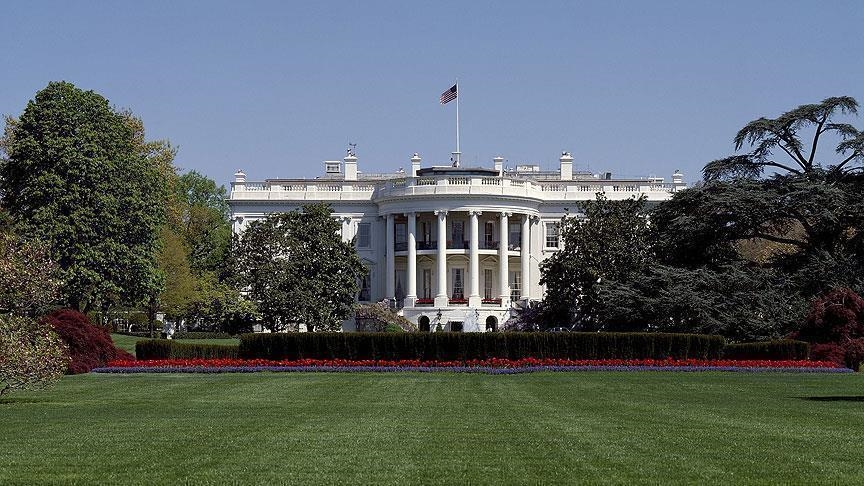White House stops defense chief polygraph tests on media leakers after adviser complaint: Report
Senior adviser complaint prompts White House to halt polygraph checks on Pentagon staff, says The Washington Post

ISTANBUL
The White House halted Defense Secretary Pete Hegseth’s use of polygraph tests to find media leakers after a senior adviser raised concerns about being targeted, according to a report Saturday by The Washington Post.
Senior adviser Patrick Weaver raised concerns to the White House in the spring about possibly being ordered to take a polygraph test by Hegseth’s team, a move that angered Weaver, who is loyal to US President Donald Trump.
The previously unreported White House intervention came via a call from a person close to the Trump administration after Hegseth’s team began testing staff in April.
Before the White House halted the effort, multiple polygraph tests were conducted over several weeks with Hegseth’s approval, including on Special Operations forces and FBI officials within his Joint Service Interagency Advisory Group, before Weaver raised concerns.
Col. Ricky Buria, now a senior adviser to Hegseth, took a polygraph test with inconclusive results and retired from the Marine Corps to become a political appointee in April, said the report.
Hegseth threatened tests against senior officers, including Navy Adm. Christopher Grady and Army Lt. Gen. Douglas Sims, whose promotion to four-star general Hegseth blocked despite Pentagon support, angering officers who saw Sims as apolitical and deserving.
During a period of turmoil marked by Hegseth’s firing three senior Pentagon aides for alleged media leaks in April, which the aides denied and called slander, the tests were conducted.
The leak probe began after a memo from Hegseth’s then-chief of staff, Joe Kasper, urged a “thorough investigation” of unauthorized disclosures.
Following the memo, the turmoil deepened with the “Signalgate” incident, where Hegseth and officials accidentally shared sensitive Yemen bombing plans in an unclassified chat, and added the Atlantic Editor-in-Chief Jeffery Goldberg to the chat.
Hegseth’s role in the Signalgate controversy grew as he shared detailed strike plans on the unclassified app, despite administration claims that the information was not classified.
But witnesses told the Pentagon’s inspector general that the details came from a classified “SECRET/NOFORN” email, potentially risking national security.
After internal conflicts, Kasper left as chief of staff in April, and Hegseth appointed Buria, Sean Parnell, Weaver and Justin Fulcher as senior advisers.








